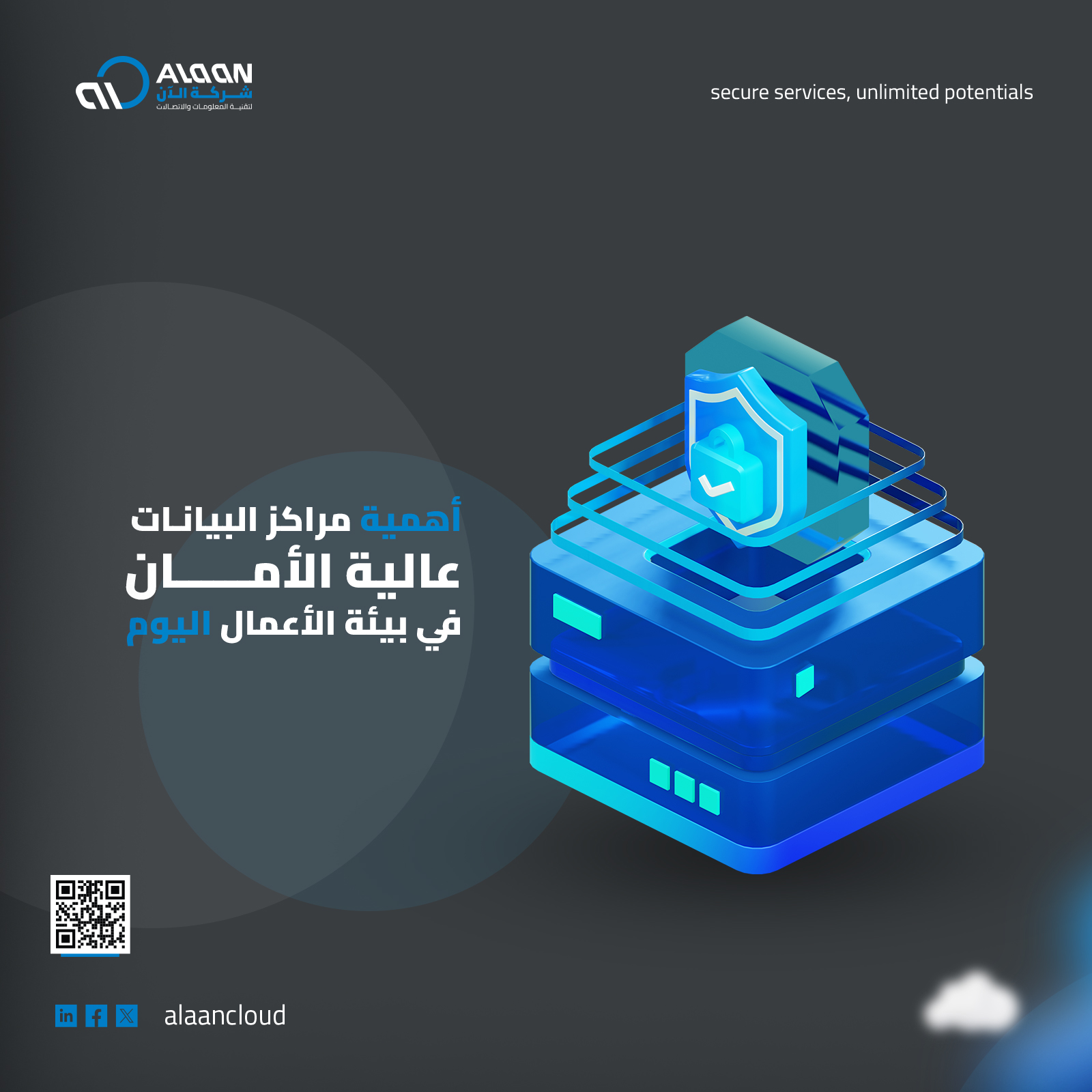
In today’s digital age, data is not just an asset—it’s the lifeblood of businesses. As organizations increasingly depend on data to fuel decision-making, manage operations, and enhance customer interactions, the need for secure and reliable data storage has become more critical than ever. Highly secure data centers are at the heart of this necessity, serving as fortified hubs that ensure the safety, accessibility, and integrity of a company’s most sensitive information.
These data centers are designed with advanced security protocols to protect the critical IT infrastructure they house. From customer information to financial records, businesses generate and process vast amounts of sensitive data daily. A highly secure data center goes beyond basic physical security, employing cutting-edge technologies and stringent measures to shield both the hardware and the data within. This comprehensive approach not only guards against external threats but also ensures that businesses comply with regulatory requirements, maintaining the trust of their customers and the smooth operation of their services.
By investing in highly secure data centers, businesses of all sizes can safeguard their most valuable resource—data—ensuring that they remain competitive and resilient in a data-driven world.
The Role of Data Centers in Business Operations
Data centers are the backbone of modern business operations, hosting critical applications and data that companies rely on to function. From financial records and customer databases to intellectual property and communication systems, data centers store and manage the digital assets that are vital to business success. A breach or downtime can have devastating consequences, including financial losses, reputational damage, and legal liabilities.
Key Security Features of Highly Secure Data Centers
- Physical Security:
- Access Control: Strict access controls are enforced through biometric scanners, security checkpoints, and round-the-clock surveillance. These measures ensure that only authorized personnel can enter sensitive areas.
- Perimeter Security: Multiple physical barriers, such as fencing, security guards, and advanced intrusion detection systems, protect against external threats.
- Cybersecurity:
- Network Security: Firewalls and Intrusion Detection and Prevention Systems (IDPS) monitor network traffic and defend against cyberattacks. These systems are vital in detecting and mitigating potential threats in real-time.
- Data Security: Data encryption, both in transit and at rest, ensures that sensitive information remains protected from unauthorized access. Additionally, regular backups and Data Loss Prevention (DLP) strategies help secure data against breaches.
- Redundancy and Disaster Recovery:
- Redundant Systems: Secure data centers feature redundant power supplies, cooling systems, and network connections to maintain operations even during a system failure. This redundancy is crucial in minimizing downtime and preventing data loss.
- Disaster Recovery Plans: Comprehensive disaster recovery strategies, including off-site backups and failover systems, ensure that operations can quickly resume following any catastrophic event.
- Compliance and Certifications:
- Regulatory Compliance: Secure data centers adhere to stringent regulatory requirements and industry standards, such as ISO 27001, HIPAA, and GDPR. These certifications demonstrate a commitment to protecting sensitive data and provide assurance of legal compliance.
These integrated security measures make highly secure data centers indispensable for businesses, providing the protection and reliability necessary to safeguard critical digital assets.
Why Businesses Need Secure Data Centers
In the current business environment, data breaches and cyberattacks are not just hypothetical scenarios—they are real threats that can have severe consequences. A highly secure data center provides the necessary protection against these threats, ensuring that sensitive data is safeguarded and business operations remain uninterrupted.
Moreover, with increasing regulatory scrutiny and the growing importance of data privacy, businesses must demonstrate that they are taking all necessary steps to protect their data. A secure data center is a critical component of this effort, providing the infrastructure needed to comply with regulations and maintain the trust of clients and stakeholders.
Real-World Example: The Financial Industry
The financial industry is a prime example of an industry heavily reliant on highly secure data centers. Banks, investment firms, and insurance companies handle vast amounts of sensitive financial data, including customer account information, transaction history, and payment details. A data breach in this sector can have catastrophic consequences.
To protect their data, financial institutions invest in redundant data centers, disaster recovery plans, and advanced threat detection systems. They also employ stringent access controls, employee training, and regular security audits to minimize risks.
In conclusion, as businesses continue to digitize and rely more heavily on data, the importance of secure data centers cannot be overstated. These facilities are essential for protecting critical assets, ensuring business continuity, and supporting compliance with legal and regulatory requirements. Investing in a highly secure data center is not just a good business practice—it’s a necessity in today’s increasingly digital world.

Leave a Reply